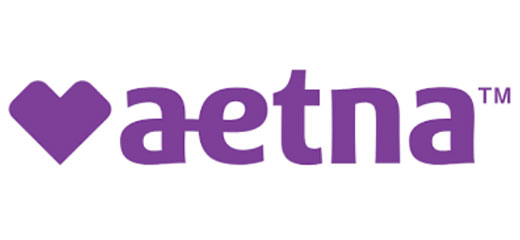As a Medicare recipient with Part D coverage, understanding the difference between “generic” and “brand name” drugs is key. In fact, it can sometimes mean the difference between securing affordable prescriptions and paying too much out-of-pocket. Do generic drugs work the same as brand name versions? Are they always less expensive? If you’re wondering what the difference is between the two, here’s some important information to keep in mind when choosing your medications with your doctor.
What is a Brand Name Drug?
Brand name medication is given the name brand name because it is the first of its kind, and therefore, gets to “brand” the name. But being first isn’t easy—there are millions of dollars and research hours invested in each new medication. In addition to research, new drugs must pass strict Food and Drug Administration (FDA) standards for safety and use. Dosage amounts are determined based on testing that identifies the strength and purity of the drug. When all tests have been administered, the FDA grants approval and the manufacturing company is given a patent, along with the right to name its new drug.
What is a Generic Drug?
Once the patent on a brand name drug expires, manufacturers are allowed to create and sell generic versions of the original compound. However, the FDA requires that the generic version of a drug contain the exact same active ingredients as the original. And, in addition to being delivered in the same form (liquid, pill, capsule, injectable or topical) generic drugs must be the same in dosage, safety, effectiveness, strength, stability and quality. Basically, generic medicines must work the same as brand name medicines. Here’s where it gets confusing: generic drugs do not have to have the same inactive ingredients as the original. That means that preservatives and fillers may differ.
Why Generic Drugs Usually Cost Less
As you likely already know, generic drugs are often far less expensive than the brand name versions. The reason is simple. Generic drugs do not have to go through extensive years of testing and costly research before they can be put on the market. Since the cost to produce a generic drug is less, the cost passed on to the consumer is usually less too. The more versions available of a brand name drug, the lower the cost. And that’s why most prescriptions today are filled using generic versions of far more costly medications.
Using generic versions of brand name drugs can save you money—often between 30 and 80 percent of the total cost. Be sure to speak with your doctor about any medications you currently take and if there are any opportunities for potential savings.
Get your Free Quote on Medicare Part D Plans by clicking below and review plans in your local area. Start Saving Today!











